Join us at the forefront of
Biosolutions
If you’re passionate about harnessing biology for a more sustainable future, Denmark is the place to plant your roots.
A global hub for Biosolutions
When you harness the power of biology you find new ways to reduce emissions and help hard-to-abate industries manufacture products with a smaller CO2 footprint.
In short, biosolutions are one of the most promising tools for accelerating the green transition, and Denmark offers an excellent environment for engaging in advanced biosolutions research.
Here you will benefit from a tightly connected ecosystem that brings together industry leaders, research institutions, and forward-thinking government policies. Join us and help foster new ideas that have large-scale potential.
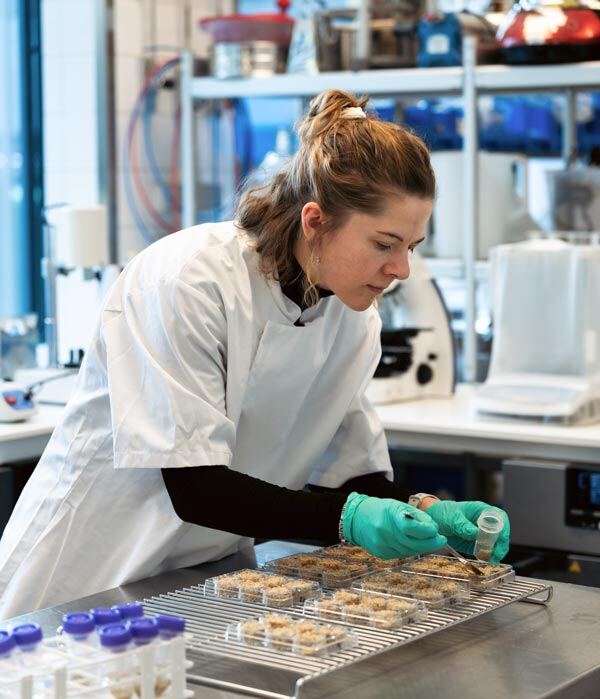
Daniel Rasmussen
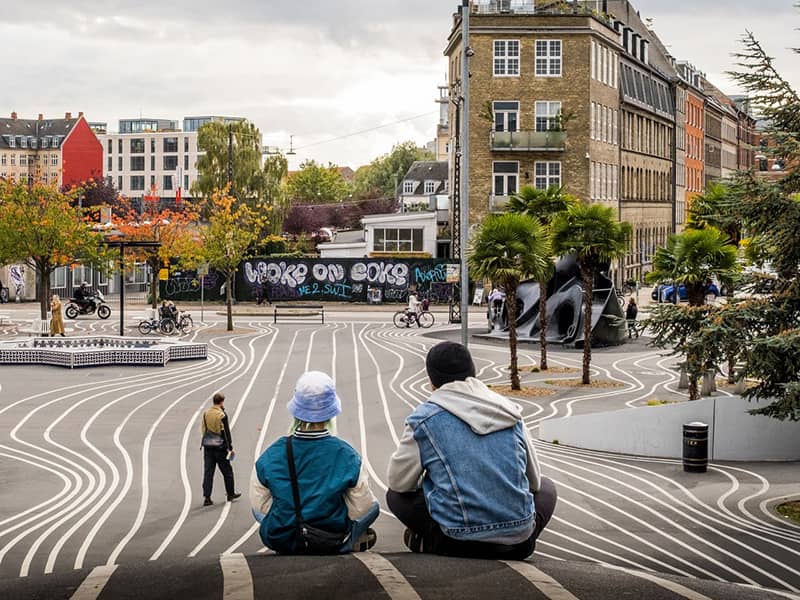
Open research positions in Biosolutions
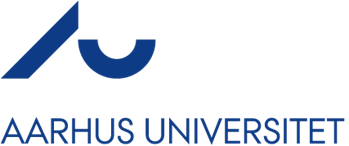
Faculty position in Plant Molecular Biology (Associate Professor or Tenure-Track Assistant Professor...
The Department of Molecular Biology and Genetics, Aarhus University aims to strengthen its position within the broader field of Plant Molecular Biology and the Green transition. We therefore invite applications for a position to be filled at either Tenure-Track Assistant Professor or Tenured Associate Professor level, starting summer 2026 or as soon as possible thereafter.

Postdoc in symbiotic nitrogen fixation
We are looking for a highly motivated candidate with a keen interest in legume-rhizobium interactions that is able to solve problems independently and enjoys working at the interface between biology and data science in collaborative projects. Fluency in spoken and written English is required. Experience with faba bean cultivation and inoculation, legume-rhizobium interactions and plant and rhizobium molecular genetics and genomics is an advantage.

Postdoc: Integrative structural biology and biophysics of dynamic plant hormone transporters
Aarhus University invites applications for a postdoc position within the Plant-PATH Center of Excellence within the Department of Molecular Biology and Genetics. The project focuses on biophysical characterization of the intrinsically disordered regions of plant hormone transporters – initially focusing on auxin transporters of the PIN family and their interactions.

Postdoc: Integrative structural biology and biophysics of dynamic plant hormone transporters
The Plant-PATH Center of Excellence seeks to understand the molecular basis for hormone transport in plants and how it can be manipulated in biotechnology. The present project will focus on membrane transporters from the PIN family which transport auxin to regulate plant growth.

Postdoc in Remote Sensing for Agroecosystem Sustainability
The Department of Agroecology at Aarhus University, Denmark, is offering a postdoctoral position in global change and ecosystem sustainability, starting from 1 June 2026 or as soon as possible thereafter. The position will be available for a 2-year period. This position will be located at the Pioneer Center Land-CRAFT, which was established in June 2022 to undertake fundamental and applied research that addresses these issues. The center brings together experts on climate impact research and process-based modelling of biogeochemistry, agronomy, biology and geography from Aarhus University and University of Copenhagen, as well as international partners. Field experiments, digital technologies -- including modelling and remote sensing, as well as interactions with stakeholders are key components of Land-CRAFT.
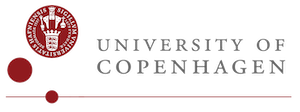
2 PhD fellowships in in-vitro digestion of novel plant-based ingredients
The Department of Food Science, Section of Ingredients and Dairy Technology, invites applicants for two PhD fellowships in studying the digestive properties of novel ingredients and food materials with the aim to contributing towards the development of future, sustainable, healthy food options. These positions are part of a larger research project funded by the Novo Nordisk Foundation “Naturally Smart: Sustainable Food using Artificial Inteligence (AI4NaturalFood)”. Start date is expected to be 1 June 2026 or as soon as possible thereafter.
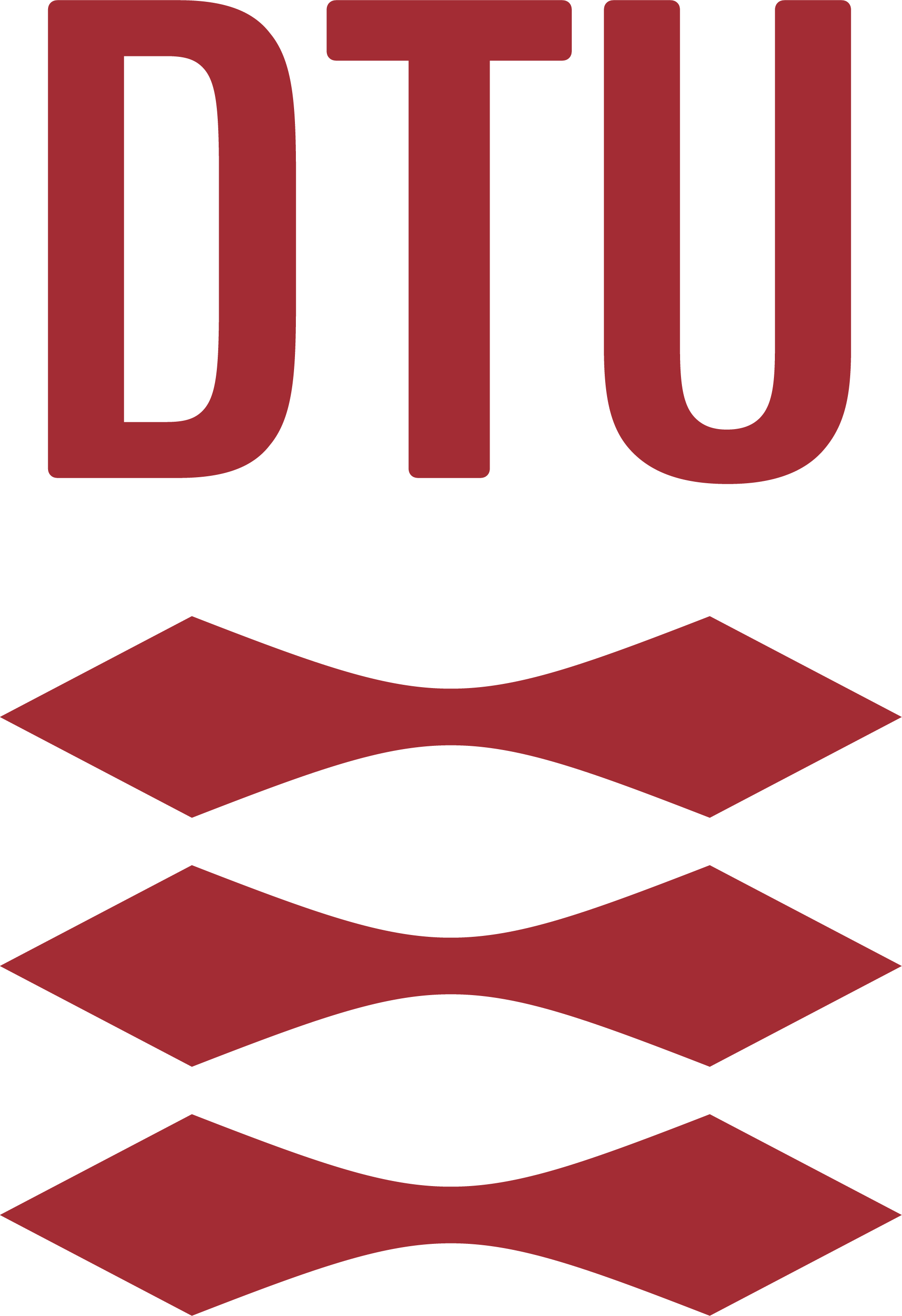
PhD scholarship in Microbial Chemotaxis and Root-Microbe Interactions (RhizoTrack) - DTU Bioengineer...
If you are curious about how microorganisms and plants communicate - and you want a PhD project where you can develop advanced skills in microfluidics, molecular ecology, and environmental data analysis - this position offers an exceptional opportunity to grow as a scientist. In RhizoTrack, you will work at the interface of microbiology, chemical ecology, and sustainable agriculture, contributing knowledge that can support more resilient plant-microbe partnerships in the future. The DFF-funded project RhizoTrack explores how soil microorganisms sense, differentiate, and transform plant root exudates, and how these chemical interactions shape which microbes successfully colonize plant roots. By resolving these mechanisms, the project aims to build a foundation for designing microbial and chemical strategies that can strengthen plant health and reduce dependency on agrochemical inputs. The project introduces microfluidic in situ chemotaxis assays (ISCAs) into soil ecosystems, a technique that allows us to measure microbial movement directly in natural soil matrices. We take a stepwise approach, beginning with synthetic communities and soil-analogue environments before progressing to more complex natural soils. You will work with chemotaxis experiments, long-read sequencing, microbial community analysis, and LC-MS-based chemical characterization. The PhD project is part of the research activities at the Section for Microbial and Chemical Ecology (MCE) at DTU Bioengineering. MCE hosts internationally leading groups in microbial ecology, environmental biotechnology, microfluidics, and chemical ecology. The section provides state-of-the-art facilities for environmental genomics, chemical analytics, and microbial cultivation. You will join a vibrant and interdisciplinary environment with strong ties to both Danish and international collaborators, including a research visit to Dr. Jean-Baptiste Raina, the co-inventor of the ISCA. Responsibilities and qualifications As PhD candidate you will investigate how soil microorganisms sense, interpret, and transform plant root exudates using microfluidic in situ chemotaxis assays, molecular ecology, and chemical analysis. The work involves collaboration with experts in microbial ecology and microfluidics, contributions across three coordinated work packages, and supporting the establishment of microfluidic-based workflows for soil environments. You will also take part in the supervision of BSc and MSc students connected to the project. Further information Further information may be obtained from Associate Professor Lars Behrendt (labeh@dtu.dk). Questions related to plant synthetic communities can also be directed to Professor Lars Jelsbak (lj@bio.dtu.dk).
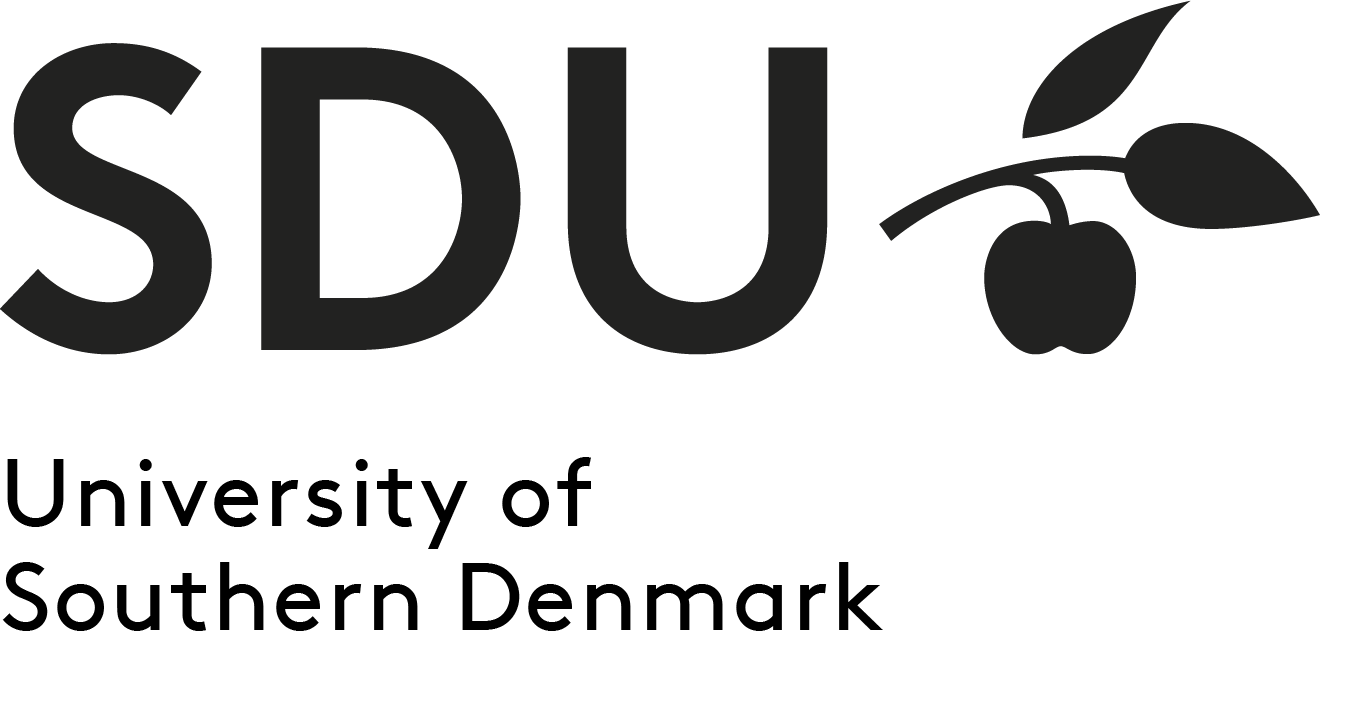
DIAS Fellow in Chemical Engineering
We seek a researcher with expertise in the field of Chemical Engineering. The applicant is expected to perform research in an interdisciplinary environment involving competences from chemistry, biochemistry, microbiology, agricultural science contributing with core competences from chemical engineering. In addition, you are eager to develop your research career within the DIAS framework. We are looking for a candidate who will actively contribute to teaching, supervision, and the development of educational activities. You will collaborate with academic staff to secure external funding, join research projects and teams, and deliver high-quality research in one or two of the following focus areas:

DTU Tenure Track Assistant Professor in AI and bioinformatics
Infectious diseases caused by bacterial, viral and parasitic pathogens, including those that are antimicrobial resistant, constitute one of the biggest threats to human and planetary health. In a new collaborative effort between DTU, UCPH and SSI, funded by the Novo Nordisk Foundation we will be developing online bioinformatic tools for analysing and sharing pathogen genomic data.

Postdoc in plant-fungal interactions
The Department of Agroecology at Aarhus University, Denmark, is offering a postdoctoral position in molecular plant pathology, starting 01-07-2026 or as soon as possible thereafter. The position will be available for a 3-year period. You will be part of a research environment focusing on the ecology of plant-microbe interactions. You will specifically be contributing to the area of fungal pathogenesis, and the focus of your position will be to characterize Fusarium protein effectors and elucidate their effects on the tomato microbiome. For this, you will generate knock-out mutants of Fusarium oxysporum and characterize their behavior in a tomato root-soil system with a focus on the effects on the root-associated microbiome.

Postdoc in New Genomic Techniques in Poinsettia and Chrysanthemum
You will be part of a research environment focusing on utilizing New Genomic Techniques (NGT) for breeding of plants. You will be contributing specifically to the area of NGT in Poinsettia and Chrysanthemum and the focus of your position will be to study and induce color formation in those species. You will work experimentally with already established techniques including CRISPR/Cas9 induced mutagenesis in ornamentals.

PhD fellowship in plant-soil interactions
The Department of Plant and Environmental Sciences (PLEN) at University of Copenhagen invites applicants for a PhD fellowship in quantifying multi-species benefits of ley mixtures in relation to plant root growth, potential stabilisation of soil organic matter, and soil biota. The project is part of the research project “Grassy - Can diversity deliver ‘climate-smart’ grassland systems?”, financed by the Independent Research Fund Denmark.

DIAS Fellow in Experimental Biophysics
We seek Biophysics candidates with a research area that should expand and complement existing activities in PhyLife, meaning that synergy with existing research along with a clearly recognizable novel research line/focus is considered ideal. There is preference for a research area with a strong experimental component.

14 postdoctoral fellowships to the BRIDGE – Translational Excellence Programme
The BRIDGE – Translational Excellence Programme at the University of Copenhagen is seeking 14 highly motivated and dynamic postdoc fellows to commence the BRIDGE – Translational Excellence Programme on 1 September 2026. The BRIDGE – Translational Excellence Programme is financed by the Novo Nordisk Foundation with the ambition to train fellows in translational medicine, mentored by fully committed and top-level professionals in basic biomedical research, a clinical environment and the life science industry. The programme constitutes a clear career path for candidates whose ambition is to bridge the gap between research, patient care and the life science industry and for those wishing to become pioneering leaders in the field of translational medicine. The BRIDGE – Translational Excellence Programme expects to appoint 7 fellows with an MD background and 7 fellows with an MSc background. The fellow will be appointed in the lab of the basic mentor either at the Faculty of Health and Medical Sciences (SUND) or the Faculty of SCIENCE (SCIENCE), UCPH.

Postdoc in Environmental Materials Science: Developing Novel Photocatalytic Biochar for Sustainable ...
We are seeking a highly motivated postdoctoral researcher to join a high-impact research initiative addressing one of the most pressing environmental challenges - the global “forever chemical” (PFAS) crisis. This exploratory project is funded by the Villum Experiment Programme and aims to move beyond conventional, energy-intensive separation technologies by investigating sustainable catalytic materials capable of destroying persistent PFAS compounds such as PFOA and PFOS.

PhD fellowship in Climate Change Mitigation in Agriculture
The Climate Change Mitigation and Sustainable Soil Management research group, at the Department of Plant and Environmental Sciences (PLEN), University of Copenhagen, invites applications for a PhD fellowship focused on exploring the effects of biochar application on ammonia (NH3) volatilisation and nitrous oxide (N2O) emissions from agricultural fields following fertilisation. The project is part of the research project “BholdN”, funded by the Agency for Green Land Use and Aquatic Environment (SGAV) under the Ministry of Green Transition. The start date is (expected to be) the 1st of April 2026 or as soon as possible thereafter.
Nature’s finest at an industrial scale
Is it fermentation, biorefining, enzymes, pheromones, or bacterial cultures that inspire your curiosity? Whatever your passion, Denmark has a research community for you.
Here, companies excel at utilising industrial-scale biological processes and resource-efficient products are manufactured across various sectors, including agriculture, food, energy, construction, textile, transportation, water, and waste management. The industry is backed by a strategic focus from our government, and as a researcher, you get great facilities, collaboration opportunities across disciplines, and a thriving innovation culture. We provide the conditions that drive your progress.
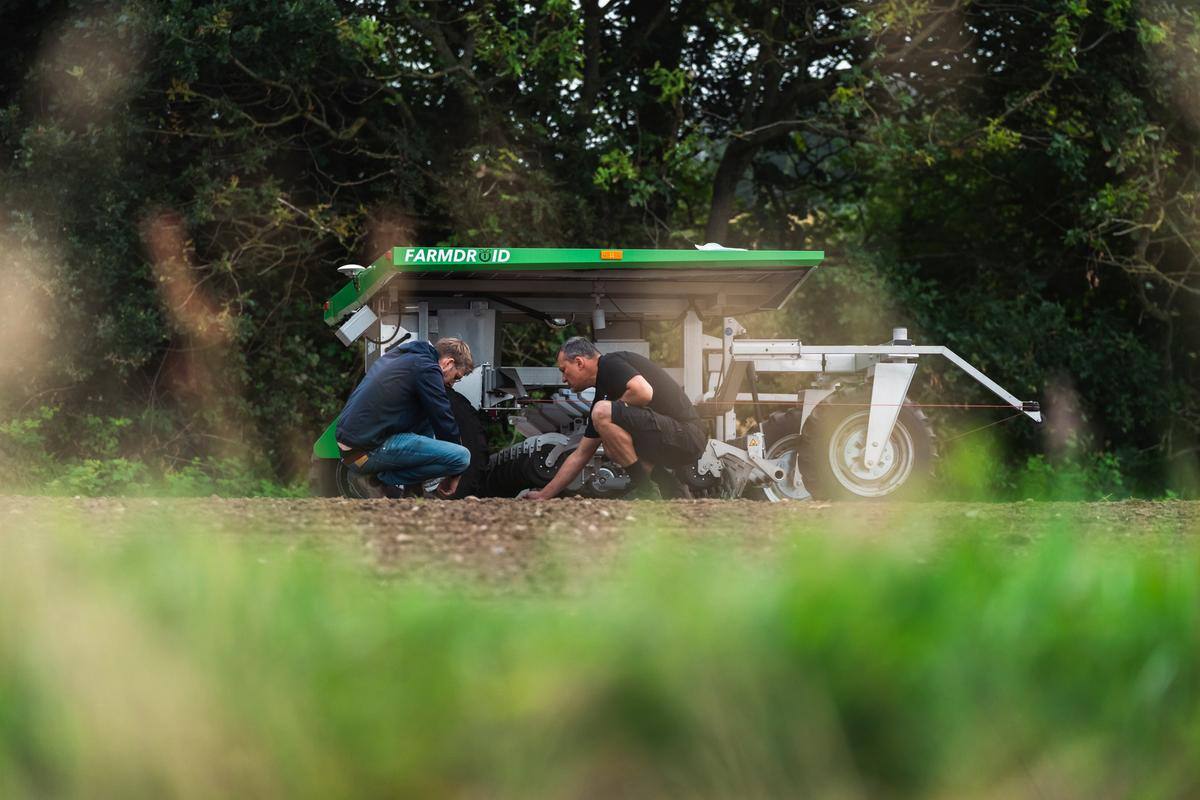
Daniel Rasmussen
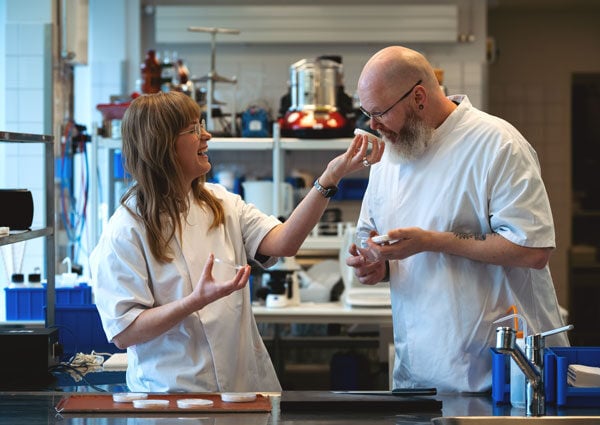
Daniel Rasmussen
Get job alerts from Denmark
Sign up and we’ll keep you updated with exciting research career opportunities.
Social & news
Funded by: